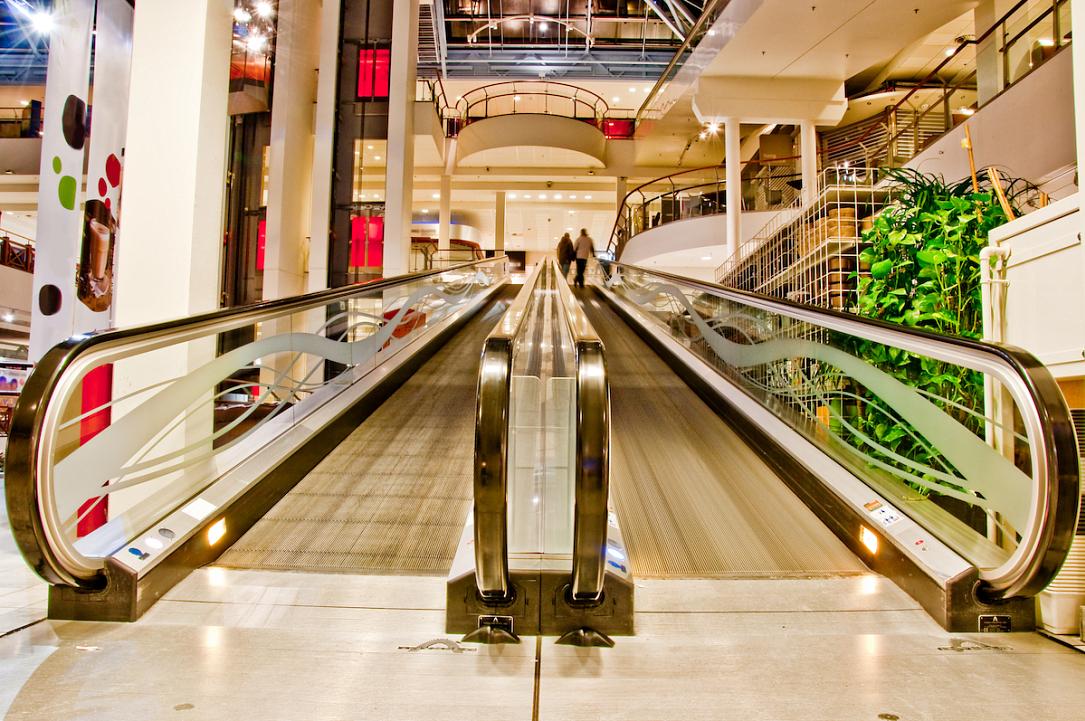Romania's modern retail sector on the rise, driven by consumption and increased investments in 2025



Romania's modern retail market continues to expand, fueled by rising consumption and the entry of new international players. According to Colliers' annual report, non-food sales grew by 14% in 2024, reaching a record high, while actual individual consumption surpassed that of Poland and the Czech Republic, hitting 89% of the European Union average.
However, despite strong demand, modern retail stock remains undersized, the same source said. Still, developers plan to deliver over 200,000 sqm of new retail space by 2025. Key projects include the expansion of Mall of Moldova in Iași and the reopening of Agora Mall in Arad.
A total of 167,000 sqm of new modern retail space was delivered in 2024, down from 221,000 sqm in the previous year, according to Colliers' annual report. Despite this decline, the market remained resilient, exceeding the decade-long annual average of 140,000 sqm.
In comparison, during the pandemic years, economic uncertainty caused retail space deliveries to drop below 100,000 sqm in both 2021 and 2022.
Pitești recorded the highest retail deliveries in 2024, reinforcing the trend of developers shifting their focus to small and medium-sized cities. The most significant projects completed in Pitești include Arges Mall, developed by Prime Kapital/MAS REI, with 51,000 sqm, and M Pitești Park, developed by M Core, with 24,000 sqm.
However, in the coming years, the market is expected to shift direction, Colliers consultants noted. Additionally, Bucharest may once again attract major investors, either through one or two large-scale projects in the near future or by expanding existing shopping centers.
"Although Romania's economy recorded only modest growth in 2024, estimated at under 1% of GDP, this does not signal a decline in consumption. On the contrary, non-food retail sales increased by approximately 14% in volume, reaching a new all-time high," said Simina Niculita, Director | Partener | Retail Agency at Colliers.
Over the past 15 years, per capita spending in Romania has grown significantly, rising from one-sixth of Germany's level to just 20% below that of Europe's largest economy. This trend reflects a steady improvement in purchasing power, according to Colliers consultants.
"Over the past decade, salaries in Romania have grown consistently, outpacing inflation - except for a brief period during the pandemic. Historical data shows that the purchasing power of the average salary began rising in 2014 and has since doubled in real terms, when adjusted for inflation. Another key factor is the relatively low market saturation in terms of international brand presence. This translates into high profitability and efficiency for the retail sector, where performance indicators are significantly stronger than in other countries. As a result, Romania remains an attractive market for both the expansion of established brands and new retail investments," explained Liana Dumitru, Director of Retail Agency at Colliers.
One of the most notable market entries in 2024 was Froo, the proximity supermarket owned by Żabka Group, Poland's largest chain of its kind. Expanding rapidly, the brand opened over 50 stores in just six months, marking a strong push into the local market.
Colliers consultants anticipate this sales growth will positively impact sales-based rents in 2024, as overall volumes remain above pre-pandemic levels. Shopping center occupancy remains high, and new developments, including retail parks in smaller towns, have been well received by the market.
For 2025, Colliers estimates the delivery of over 200,000 square meters of new retail space, including the expansion of Mall of Moldova in Iași (62,000 sqm) and the reopening of Agora Mall in Arad (35,000 sqm). Additionally, NEPI Rockcastle, Iulius, and Prime Kapital/MAS REI are resuming the development of large, dominant shopping centers exceeding 100,000 square meters of leasable space, following a period of focus on retail parks.
irina.marica@romania-insider.com
(Photo source: Eugene Suslo/Dreamstime.com)